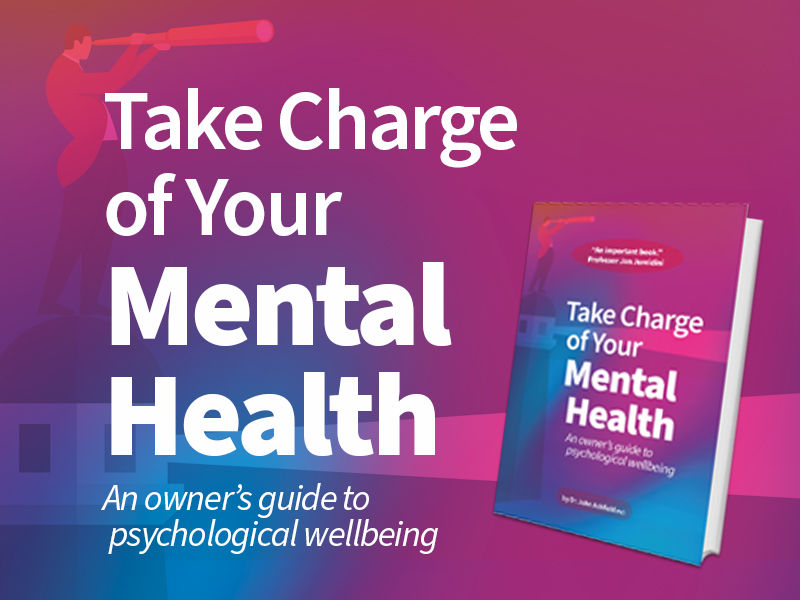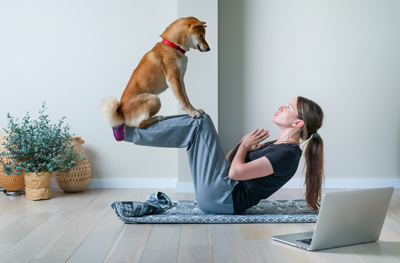Potential effects of poor sleep
Sleep is vital to wellbeing and an essential pillar of psychological and physical wellness. Sleep deprivation can cause stress and anxiety to elevate, mood to deteriorate, mental functioning and performance to fall away markedly, making coping with life’s demands much more difficult.
Deprived of sleep, normal appetite signals can be disrupted, immunity can be compromised and inflammation elevated. Poor sleep can potentially worsen pain, add to breathing difficulties, and contribute to vascular problems. Most adults need 7-9 hours of sleep for overall wellbeing. And, whilst quantity of sleep is important, so is the quality of sleep.
Things that influence sleep
Length and quality of sleep can be significantly disrupted by caffeine (a stimulant), which elevates stress and anxiety hormones, and alcohol (a depressant), which can result in a depressed mood. Good quality sleep is vital to wellbeing.
Light exposure also has a profound effect on your sleep quality: morning daylight exposure helps to set your sleep and wake cycle/clock, as does diminished light at night, which triggers the secretion of a hormone called melatonin, intended to prime your body for rest.
Late night TV watching, device screens, or light intrusion because of poor curtains or blinds, can make getting to sleep and staying asleep a real problem.
Exercise is vitally important for restorative sleep and can help with getting to sleep, so long as you exercise before rather than after dinner. Even for people who have limited mobility, maintaining movement and physical activity, even in simple ways, can improve sleep.
Ways you can improve your sleep
- Try and have regular going to bed and getting up times
- Use a mind and body stilling relaxation technique for sleep preparation (we can provide you with an instruction sheet for this)
- Limit alcohol and only drink no later than early to middle evening
- Limit caffeine during the day and have none after mid-day (consider decaffeinated alternatives)
- Try and eat dinner before 7pm. No heavy meals before bed
- Control light intrusion into your bedroom, but get lots of light exposure first thing in the morning
- Control intrusive noise (consider using a white noise application on your smart phone to interrupt intrusive background noises)
- Regulate room temperature to a sleep optimal 16-18°C
- Disconnect from all screens (including TV and devices) 90 minutes before retiring, and avoid stimulating conversations
- If you wake and can’t sleep, get up, relax, perhaps have a warm drink and return to bed once sleepy
- Deal with worries or problems by making a list of things to be tackled the next day. Once done, leave this outside your bedroom
- If you are carrying more than your recommended body weight, snore loudly, wake with headaches and not feeling refreshed, or wake abruptly gasping for breath or choking, you may need to talk to your doctor about a sleep apnoea test (Sleep apnoea is when your breathing stops and starts in your sleep)






